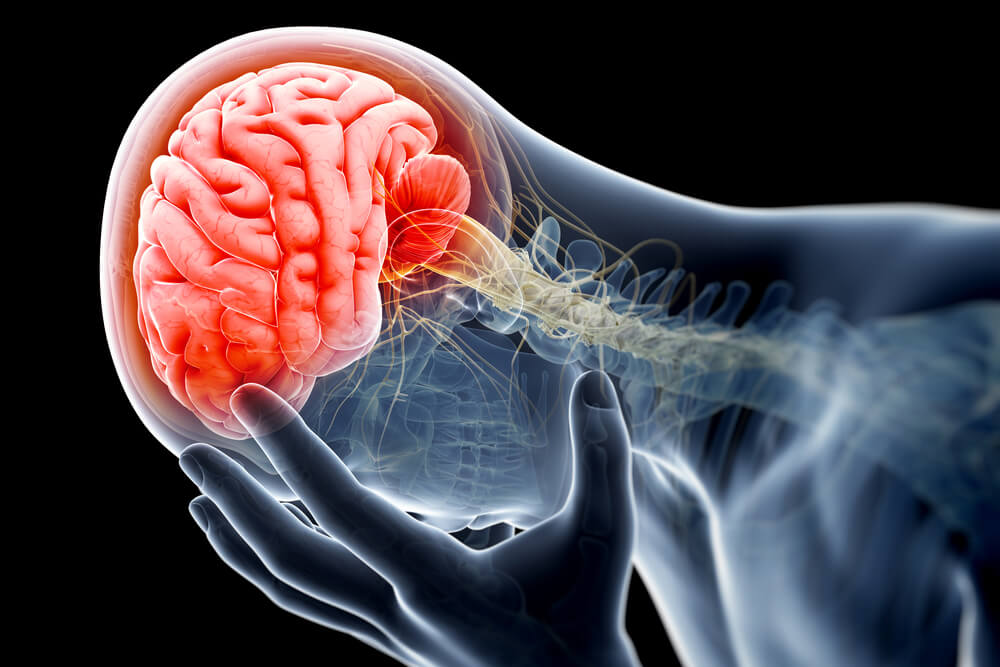Delta-8 THC Gummies for Beginners – What You Need to Know About Their Benefits
Delta-8 THC is a cannabinoid found in cannabis that has recently gained popularity for its potential therapeutic benefits. While Delta-9 THC, the most well-known cannabinoid, is often associated with intense psychoactive effects, Delta-8 THC offers a milder, more balanced experience. For those new to Delta-8 THC, gummies can be a great starting point. Here is what you need to know about Delta-8 THC gummies and their benefits. Delta-8 THC, or Delta-8 THC-tetrahydrocannabinol, is a cannabinoid present in cannabis in smaller amounts compared to Delta-9 THC. Chemically similar to Delta-9, Delta-8 THC has a double bond on the eighth carbon chain, while Delta-9 has it on the ninth. This slight difference in molecular structure results in distinct effects. Delta-8 THC is often described as offering a more subtle high, with fewer psychoactive effects and reduced anxiety compared to Delta-9.
Milder Psychoactive Effects
Delta-8 THC gummies are known for providing a milder psychoactive experience compared to traditional THC products. Users report feeling relaxed and uplifted without the intense high that can sometimes lead to anxiety or paranoia. This makes Delta-8 THC gummies a suitable choice for those who are sensitive to THC or new to cannabinoid products.

Potential for Relief
Many users turn to dream berry gummies for its potential therapeutic benefits. Anecdotal evidence suggests that Delta-8 THC may help with symptoms like nausea, pain, and anxiety. Some studies have shown that Delta-8 THC can have antiemetic anti-nausea, analgesic pain-relieving, and anxiolytic anxiety-reducing properties. However, more research is needed to fully understand these effects.
Controlled Dosage
Gummies offer a convenient and controlled way to consume Delta-8 THC. Each gummy is typically pre-dosed with a specific amount of Delta-8 THC, allowing users to easily manage their intake. This is especially beneficial for beginners who may be unsure of how much to consume. Starting with a low dose and gradually increasing it can help users find the right balance for their needs.
Discreet Consumption
Delta-8 THC gummies are a discreet option for those who prefer not to smoke or vape. They look like regular candies and can be consumed without drawing attention, making them ideal for use in public or in situations where discretion is desired.
Taste and Variety
Many Delta-8 THC gummies come in a range of flavors and formulations, making them an enjoyable option for users. The fruity flavors and sweet taste can make the experience more pleasant, especially for those who may be averse to the taste of other cannabinoid products.
Delta-8 THC gummies offer a milder alternative to traditional THC products with potential benefits such as relaxation, relief from discomfort, and discreet consumption. They provide a controlled and enjoyable way to explore the effects of Delta-8 THC, making them an excellent choice for beginners. As with any cannabinoid product, it is important to start slowly, pay attention to how your body responds, and consult with a healthcare professional if you have any concerns.


